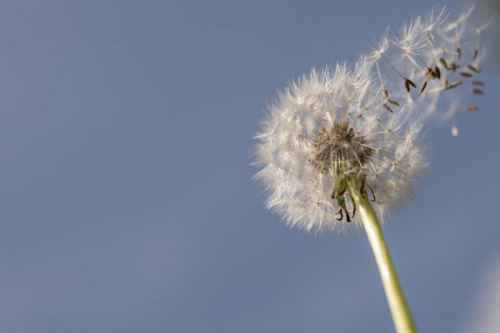FWP:
SETS == INEXPRESSIBILITY
Bekhud Mohani is right to point out the central role of raftah raftah , which pulls the whole verse together with great delicacy and sophistication. The literal meaning of raftah is 'gone' or 'departed', and to repeat the word after 'those people' almost looks distributive ('all those departed people'). And then, the general basic meaning of raftah raftah is something like 'by degrees' or 'gradually' (see the definition above), which suggests an answer to the first line (the change in those people is constant and unstoppable, their condition is a foregone conclusion-- why even bother to ask for the latest news?). And one specific meaning of raftah raftah is 'step by step'-- which turns its juxtaposition to 'head-to-foot' [sarāpā] into a subtle and clever affinity.
The soft sounds of raftah raftah also contribute to a phonetic contrast between the lines: the first line has more harsh, strong consonants (especially in saḳhtī-kashān , literally 'harshness-pullers'), the second has softer, milder sounds, as the lovers imperceptibly melt away.
Compare {210,5}, with its very similar emphatically negative rhetorical question or exclamation in the first line, and another form of paradoxical death-in-life for the lovers.

Nazm:
The way sorrow is not apparent and manifest, the same state was that of their sorrow-- that is, those people, melting away, attained oblivion. (181)
== Nazm page 181